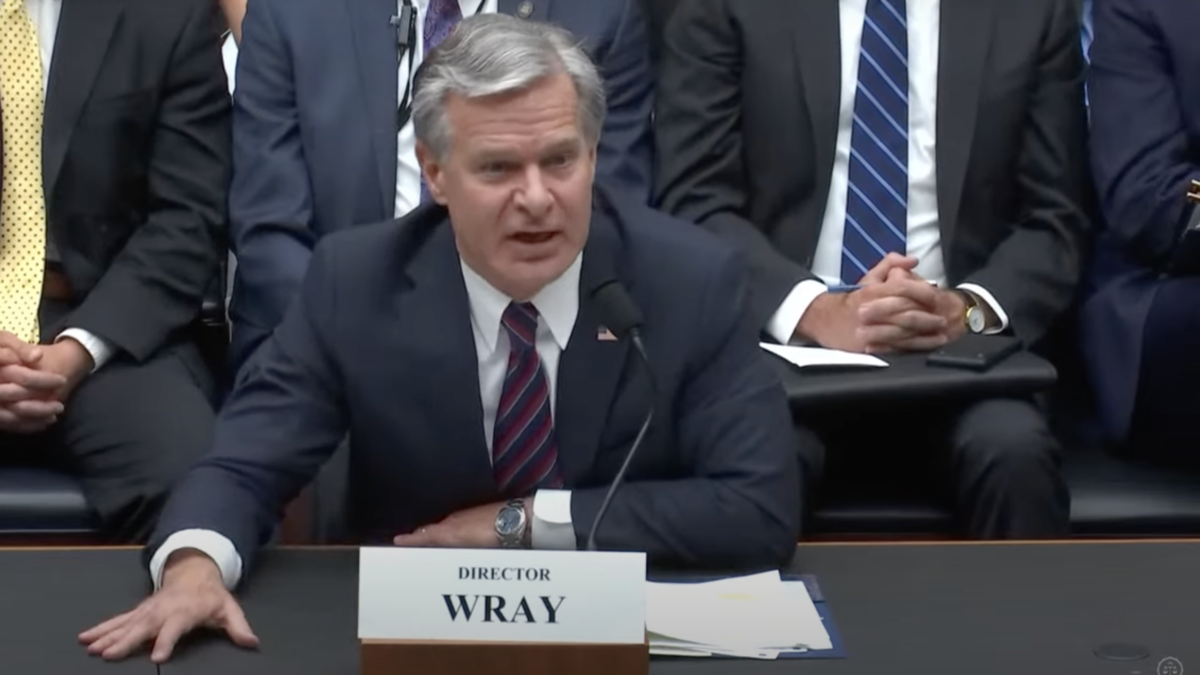
The Supreme Court ruled last week that the Alliance for Hippocratic Medicine et al., a coalition of medical professionals sworn to “protecting the vulnerable at the beginning and end of life,” did not have adequate legal standing to challenge the U.S. Food and Drug Administration’s rushed approval and mail-order expansion of the drug regimen responsible for more than half of the nation’s abortions.
Corporate media gladly used the unanimous decision, which was largely procedural and did not offer a moral or legal judgment on the actual use of abortion pills, as ammo to fuel their abortion allies’ attempts to expand baby-killing even in the dozens of pro-life states that have restricted or banned it.
Only a few were willing to admit that the true nature of the opinion penned by Justice Brett Kavanaugh leaves the door wide open for a stronger challenge to make its way to the high court. Kansas, Idaho, and Missouri, whose attempts to join the SCOTUS case were declined, already appear teed up for more viable legal action over the abortion pill.
SCOTUS’s refusal to rule on the merits of the Alliance for Hippocratic Medicine’s case, however, also leaves the door open for abortion activists and their elected allies to do everything in their power to solidify mifepristone’s presence in their post-Dobbs v. Jackson baby-killing schemes. Especially because the court’s instruction for those worried about the pill to take it up with the administrative state will likely fall on the FDA’s deliberately deaf ears.
Shortly after the court’s ruling last week, President Joe Biden’s White House issued an official statement signaling its continued commitment to advancing its abortion-for-all agenda.
“Today’s decision does not change the fact that the fight for reproductive freedom continues,” the comment begins.
The four-paragraph statement frames criticism of the pill responsible for a 500 percent increase in abortion-related emergency room visits as “attacks on medication abortion” that are “part of Republican elected officials’ extreme and dangerous agenda to ban abortion nationwide.”
The Biden administration’s quest to keep promoting abortion pills that can cause hemorrhage, “fast, weak pulse,” “shortness of breath,” diarrhea, dizziness, headache, vomiting, “pain” across the back, arms, neck, and abdomen, and myriad other risks to both mothers and babies is joined by states that not only entertain deceptive abortion ballot measures but also abuse their power to squash pro-lifers.
New York Attorney General Letitia James, for example, is using lawfare to target pregnancy centers in her state that promote lifesaving abortion pill reversals, which several studies have determined are “safe and effective” and resulted in “no apparent increased risk of birth defects.”
Mifepristone, on the other hand, cuts off the hormones babies in utero require to grow and flourish, essentially killing the child via starvation. Then, the pill induces a form of labor that causes the likely deceased baby to exit the body amid profuse bleeding that may last weeks or even months. In some cases, the chemical abortion drug has led to the deaths of mothers.
The people behind the popular yet dangerous abortion pill have since raked in tens of millions of dollars for selling a drug designed to kill unborn babies. The Biden administration and abortion activists’ efforts to expand means for abortion through all nine months of pregnancy regardless of pro-life prohibitions on the practice have only made the tangled web of investors and shell accounts that manage mifepristone’s market presence more profitable.
If one thing is certain after Thursday’s ruling, it’s that the fight over chemical abortion via mifepristone is far from over.









